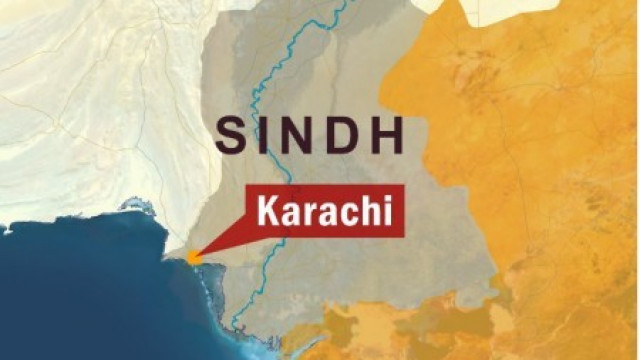'We don’t want any more ‘khairaati’ seats for women'

This was discussed at a policy dialogue on ‘Political Participation of Women under Political Parties Order (PPO) 2002 and Local Government Systems’ on Tuesday. Participants suggested that during the next polls, the Election Commission should not qualify political parties that discourage democratisation within the party and refuse to hand over general party tickets to their women members.
The dialogue is part of a series of meetings being held in four provincial capitals to seek recommendations from women parliamentarians. The recommendations will be presented in Islamabad on August 4.
“Time and again, we are accused of occupying ‘khairaati’ (charity) seats in the assemblies by our male party members. It is quite embarrassing,” said Pakistan Peoples Party (PPP) MPA Humera Alwani. “We need to abolish the system of reserved seats and encourage women to contest on general seats.”
Representatives of the PPP and the Pakistan Muslim League-Nawaz (PML-N) present in the audience said that a general seat ticket is only given to female members in constituencies where the party does not have a stronghold and it knows the opposition will win.
“Women are only there so party leaders can use them during protests and keep them in the forefront to present a liberal image of the party,” remarked a PML-N worker. “They are otherwise quite conservative and conventional when it comes to granting rights to female political workers.”
Simi Kamal, who is a former member of the National Commission on Status of Women (NCSW), suggested double-constituency elections that would compel all political parties to give a party ticket to both their male and female members in each constituency.
For its part, Sindh declared that the electoral system should be strengthened and the PPO should be amended to ensure equal representation of women, who constitute “half the country’s population”.
According to Kamal, a double-candidate constituency will ensure that each party nominates both male and female members in a single constituency and voters will be allowed to cast two votes each from a total of four candidates. “This will ensure equal representation of women,” suggested Kamal.
During her presentation, NCSW consultant Rukhshanda Naz suggested some amendments in the PPO. The NCSW recommended that apart from the double-candidate constituency, five per cent of the seats be reserved for women from the Federally Administered Tribal Areas (Fata) where political parties are unable to expand their influence.
“The undue influence of the jirga and the voting against women in these areas should also be punishable by law,” said Naz, adding that the government should relax the existing law restricting polling stations in government buildings. This rule should be relaxed as these places are appropriate and accessible for women voters. “The registration of at least 50 per cent of women as voters should be made obligatory for elections in any constituency to improve their participation.”
She added that the central executive committees of political parties rarely have women and they are not given any administrative posts. The NCSW suggested that there should at least be 20 per cent representation for women in ministries and adviser slots.
“Today only 17 per cent of women are represented in the assembly but they have made their presence felt, which shows that women are quite capable,” said NCSW chairperson Anis Haroon. She suggested that the Women Caucus in the National Assembly (formed in November 2008) should seek to reform the PPO and take the responsibility of mobilising all those women who are now being registered with NADRA under the Benazir Income Support Programme. “They should use this data to register women voters and improve their political participation.”
Published in The Express Tribune, July 28th, 2010.



















COMMENTS
Comments are moderated and generally will be posted if they are on-topic and not abusive.
For more information, please see our Comments FAQ